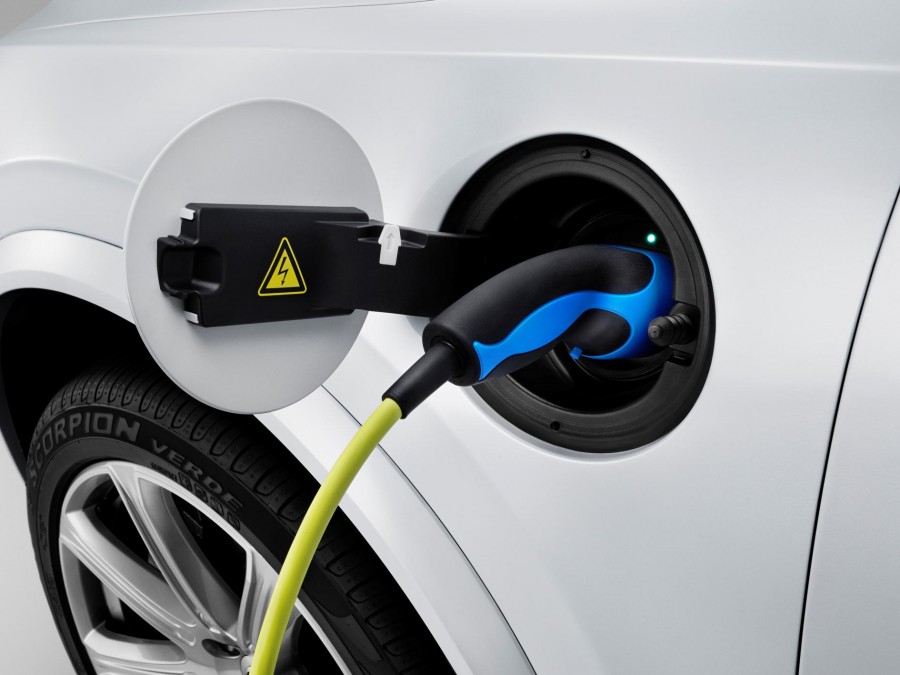What's the news?
The ESB has confirmed that, starting next year, electric car drivers will have to start paying to use public charging points. Initially, just the 50kW fast-chargers will have to be paid for, but eventually the payments system will roll out to all of the 1,100+ public charging points across the country.
The exact costs have not yet been revealed, but speaking to RTE News, a spokesperson for the ESB said: "We will consult and engage with EV drivers and stakeholders in advance of fees being introduced."
With the stick comes the carrot, though, and the ESB is also talking about using revenues raised from the introduction of charging charges to build a series of new ultra-rapid chargers, which will be compatible with the incoming 150kW and 350kW charging systems.
With 350kW charging, car makers such as Audi reckon that even upcoming ultra-long range electric cars (such as its proposed e-Tron GT four-door coupe) could charge to 80 per cent capacity in just 12 minutes.
The ESB says it will begin upgrading existing charging points before it introduces the payment scheme, which might ameliorate much of the criticism that the network is under-reliable and poorly maintained.
The new ultra-fast chargers will be bundled in 'hubs' which should be able to charge between six and eight cars at a time. It's hoped that a sufficient number of these chargers will help drive forward proposals to ban the sale of cars that use internal combustion engines by 2030. The Government wants to have as many as 500,000 electric cars on the road by then, a vast increase on the roughly 7,000 EVs currently in use in Ireland.
How much will a charge cost? When a charging plan was first proposed back in 2015, the idea was a monthly fee of €16.99, which would get you free access to all the slow 22kW chargers, but a fast 50kW charge would cost 30 cents per minute, which would be €9 for a 30-minute fast charge. Those charges were discarded in the face of a serious backlash from EV owners at the time.
That kind of cost could actually make an electric car as expensive to run as a conventional diesel, on a cost-per-km basis, but the ESB says that most people will charge overnight at home, on a much cheaper rate, and only use fast chargers from time to time. We're not so sure, to be honest.

